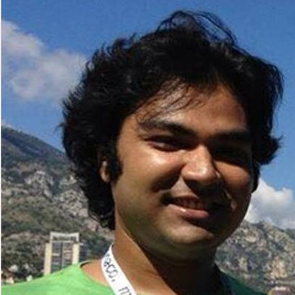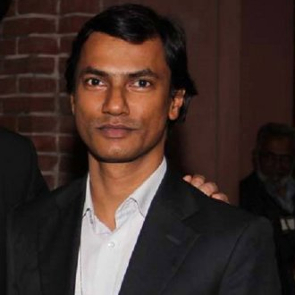Universal Periodic Review highlights deteriorating situation faced by human rights defenders
Bangladesh received more than ten recommendations directly related to the protection of human rights defenders in the latest Universal Periodic Review (UPR). Given that Bangladesh had received only one recommendation related to human rights defenders in the previous UPR, this review highlights the deteriorating situation faced by human rights defenders in Bangladesh.
Human rights defenders in Bangladesh face judicial harassment, arbitrary arrest, fabricated charges, abduction, physical attacks, torture and extra-judicial killings. Between February 2013 and September 2017, at least 15 Bangladeshi human rights defenders were murdered. Impunity remains a serious concern, as the government has failed to address the protection of human rights defenders and the authorities have not properly investigated the majority of these murders. Front Line Defenders has documented numerous cases relating to these violations against human rights defenders in Bangladesh.
The 2016 Foreign Donations (Voluntary Activities) Regulation Act and the Information and Communications Technology (ICT) Act of 2006 (amended in 2013) threaten the financial sustainability of human rights defenders’ work and freedom. Section 57 of the ICT Act has repeatedly been used to restrict human rights defenders’ freedom of expression. It has been used to censor digital content and to carry out surveillance of telecommunications and social media. In response to the criticism of Section 57, the cabinet approved a draft Digital Security Act on 9 April 2018. The new act was intended to mitigate Section 57 by making the offences less vague, but there are fears that this will make the legislation against defenders even more severe.
Bangladesh accepted UPR recommendations to repeal restrictive provisions, which currently limits human rights defenders’ rights to exercise freedom of expression and free speech. The Bangladesh government announced that it will redraft the Digital Security Act and has invited journalists to share their views on it. Front Line Defenders encourages the Bangladeshi authorities to protect freedom of expression in Section 57 of the ICT Act and to draft the proposed Digital Security Act in line with international standards.
Bangladesh accepted the UPR recommendations related to ensuring that police officers are adequately trained and instructed to investigate reports of harassment, attacks and death threats against human rights defenders and ensure their protection; protecting them from harassment; publicly committing to ensuring that human rights defenders are able to carry out their work without fear of intimidation, harassment, arrest, prosecution or reprisals and guaranteeing their security; ensuring prompt and impartial investigations of all violations against human rights defenders and protecting them against human rights violations such as enforced disappearance, torture and extra judicial killings.
However, Bangladesh has rejected recommendations relating to the protection of defenders of Sexual Orientation and Gender Identity or Expression (SOGIE) rights and women human rights defenders. Police investigations into the killings of SOGIE rights defenders Xulhaz Mannan and Mahbub Tonoy are at a standstill.
The government’s failure to properly condemn attacks on human rights defenders has had severe and wide-reaching impacts on Bangladeshi civil society. The wave of killings has spread fear within the human rights community and many human rights defenders have chosen to relocate. The climate of impunity that surrounds the killings of human rights defenders has led to the disintegration of activist networks and loss of community trust. In such a scenario, acceptance of recommendations relating to SOGIE rights defenders would have been a much awaited and welcome step. Instead, their rejection signals an unwillingness on the part of Bangladeshi authorities to change the status quo.
Front Line Defenders welcomes the decision of the Bangladeshi authorities to accept many of UPR’s recommendations, but it is disappointed at the decision of the authorities not to accept recommendations relating to SOGIE rights defenders and women human rights defenders.
Front Line Defenders urges the Bangladeshi authorities to create a clear and effective strategy to implement the recommendations, and urges them to accept recommendations relating to the protection of SOGIE rights defenders and women human rights defenders, who are among the most vulnerable human rights defenders in Bangladesh.


